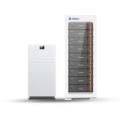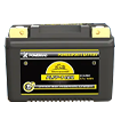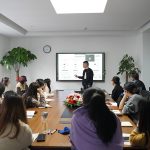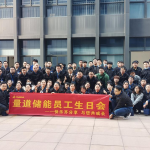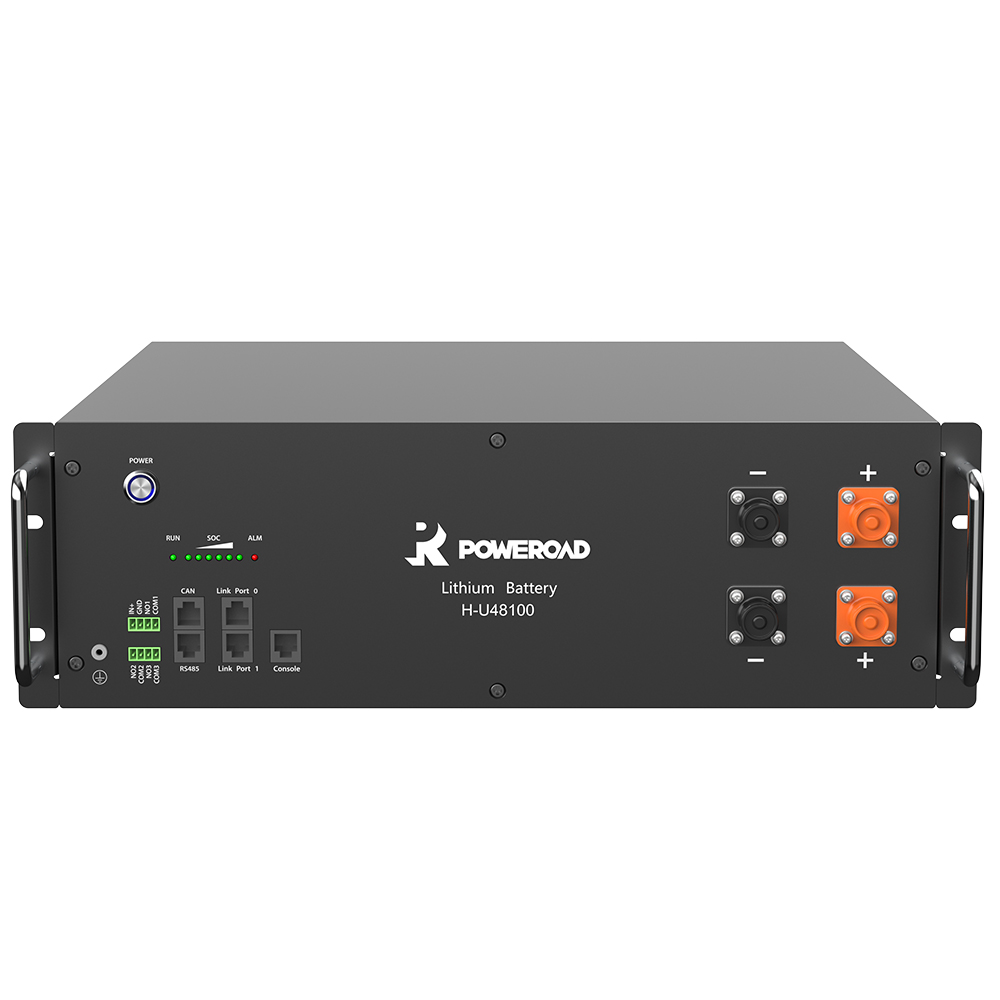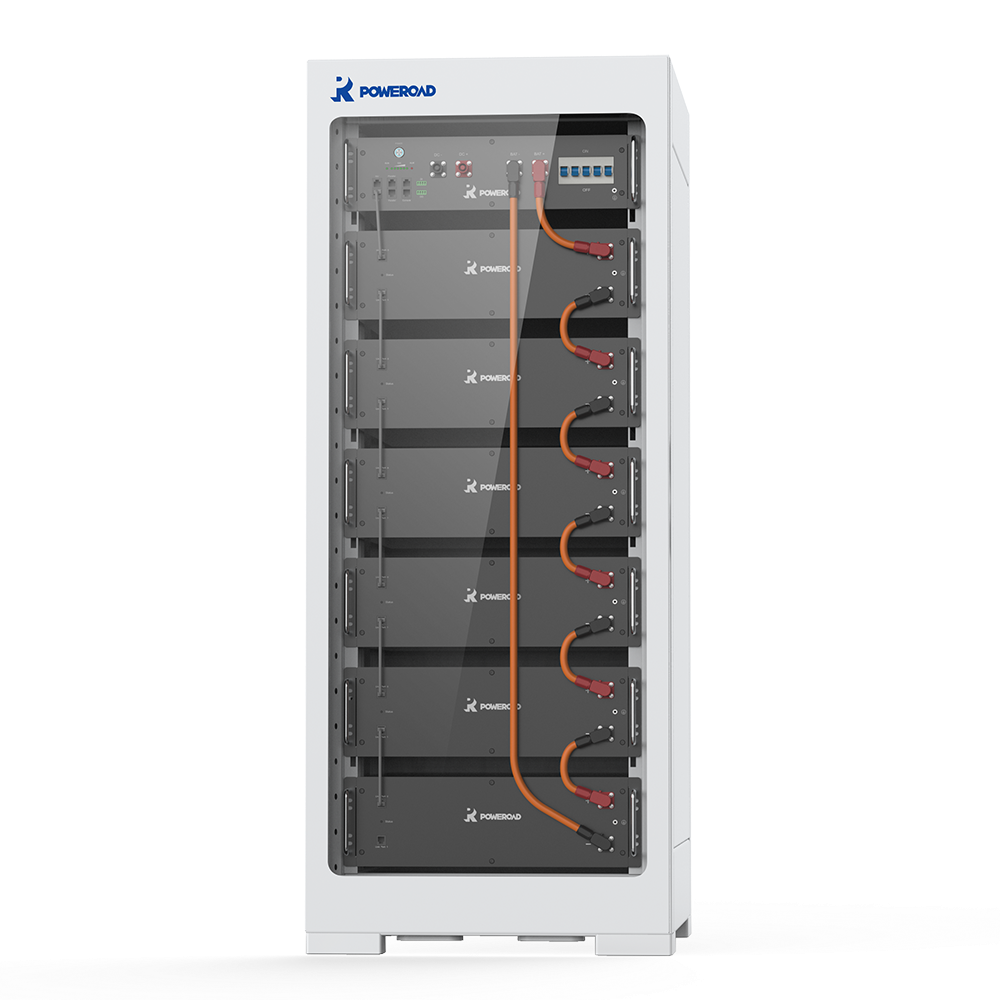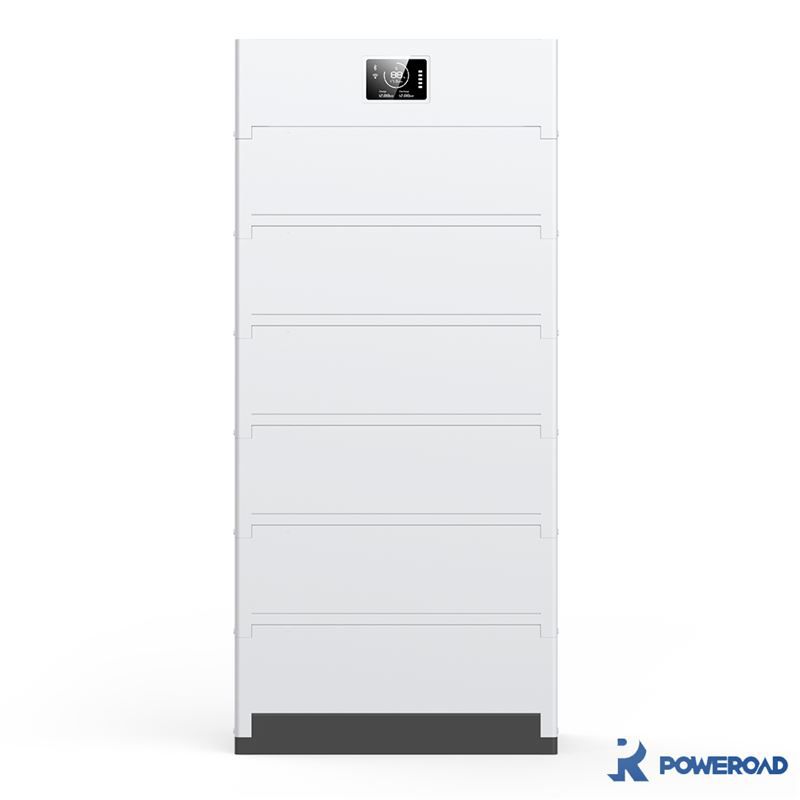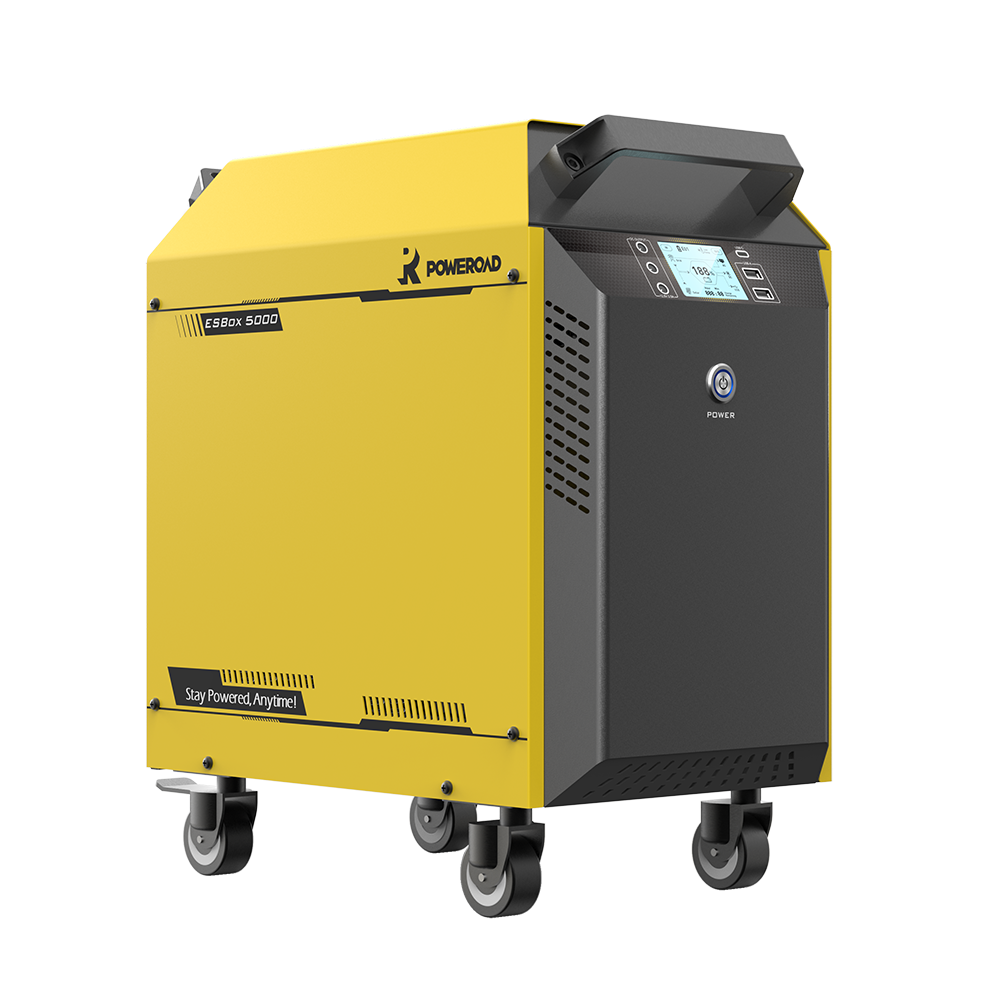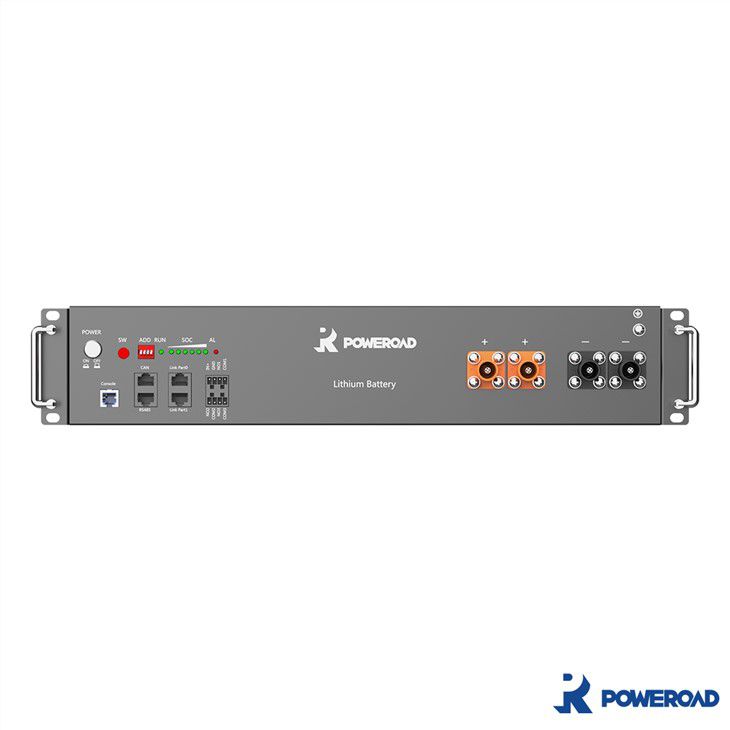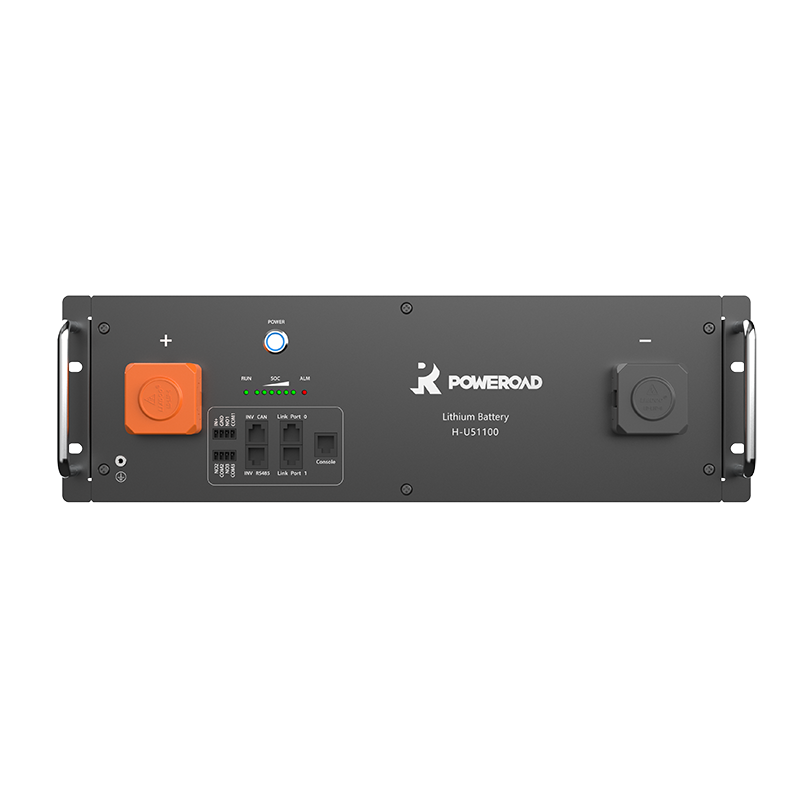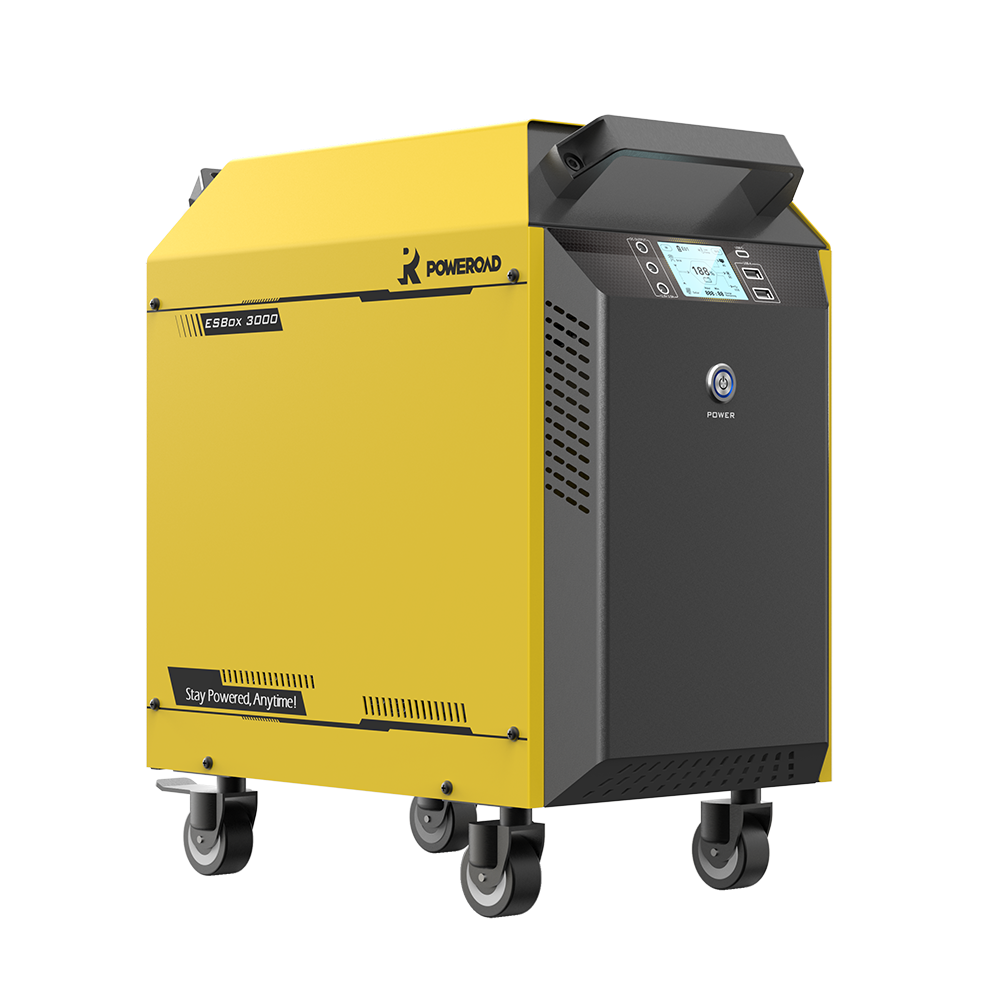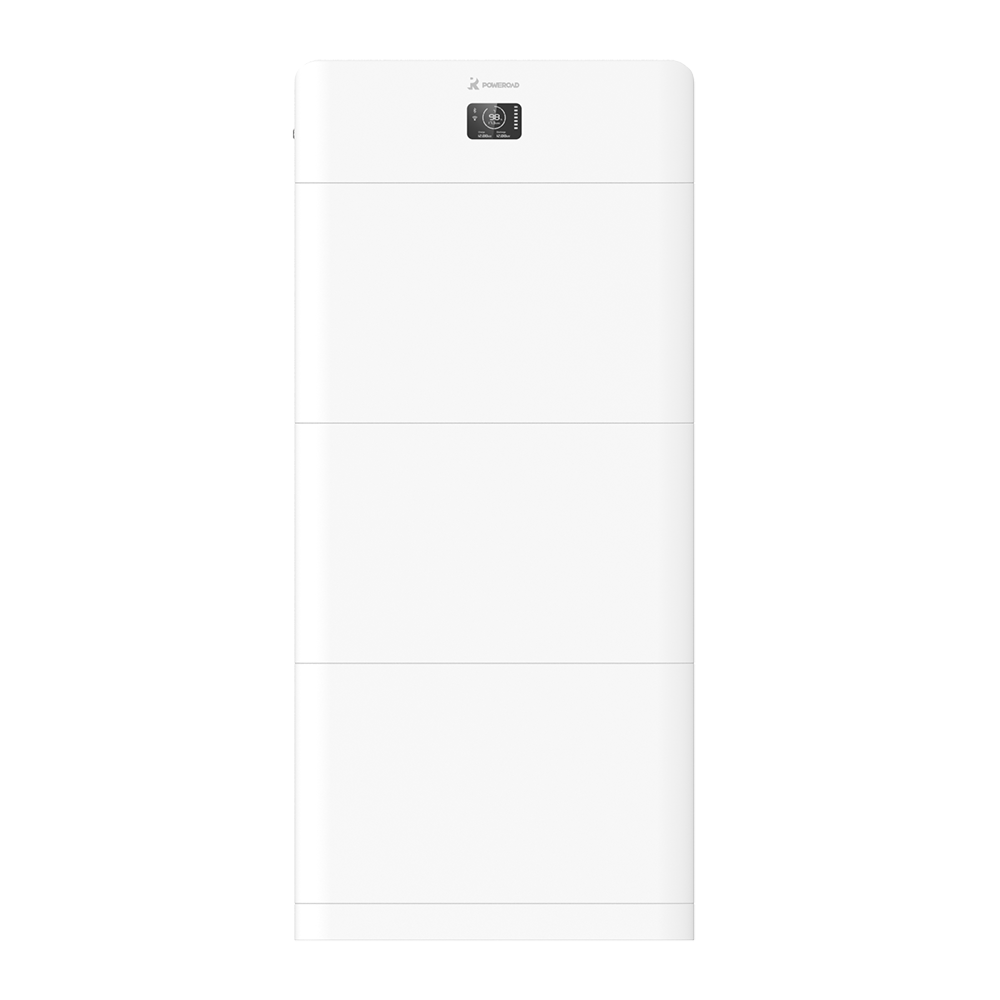Throughout the history of battery development, we can see the three characteristics of the current world battery industry development.
One is the rapid development of green and environmentally friendly batteries, including lithium-ion batteries, nickel-hydrogen batteries, etc.; the other is the conversion of primary batteries to batteries, which is consistent with sustainable development strategy; the third is to further develop the battery in the direction of small, light and thin.
Among the commercial rechargeable batteries, lithium-ion batteries have the highest specific energy, especially polymer lithium-ion batteries, which can achieve thinner rechargeable batteries. It is precisely because of the high volume ratio energy and mass ratio energy of lithium-ion batteries, that they are rechargeable and pollution-free, and have the three characteristics of the current battery industry development, so they have a relatively rapid growth in developed countries. The development of the telecommunications and information markets, especially the extensive use of mobile phones and notebook computers, has brought market opportunities for lithium-ion batteries. With its unique advantages in safety, polymer lithium ion batteries in lithium-ion batteries will gradually replace liquid electrolyte lithium ion batteries and become the mainstream of lithium ion batteries. The polymer lithium-ion battery is known as the "battery of the 21st century" and will open up a new era of storage batteries, and its development prospects are very optimistic.
In March 2015, Japan's Sharp and Professor Tanaka from Kyoto University successfully developed a lithium-ion battery with a service life of up to 70 years. The trial-produced long-life lithium-ion battery has a volume of 8 cubic centimeters and can be charged and discharged up to 25,000 times. And Sharp said that after the long-life lithium-ion battery is actually charged and discharged 10,000 times, its performance is still stable.
On October 9, 2019, the Royal Swedish Academy of Sciences announced that the 2019 Nobel Prize in Chemistry will be awarded to John Goodenough, Stanley Whittingham and Akira Yoshino in recognition of their contributions in the field of lithium-ion battery research and development.

